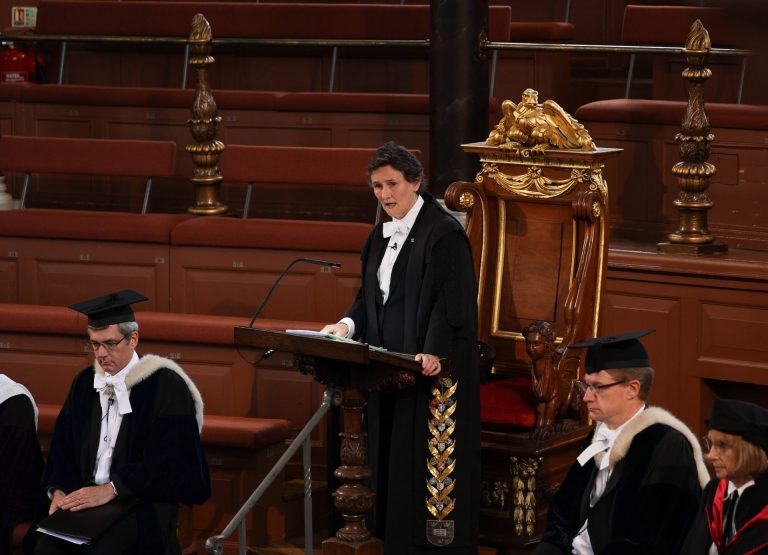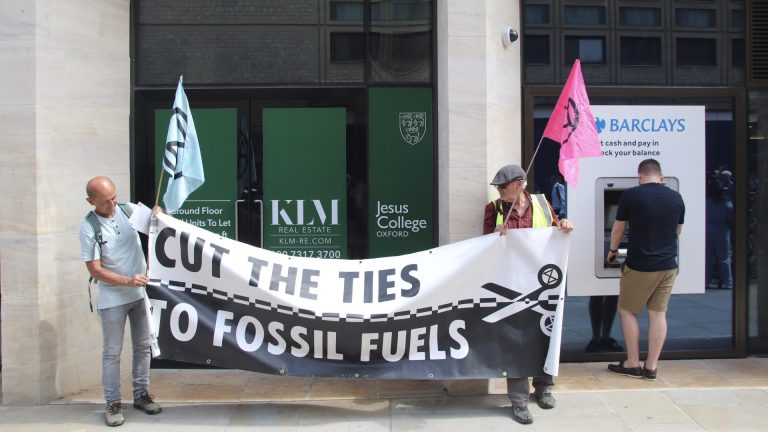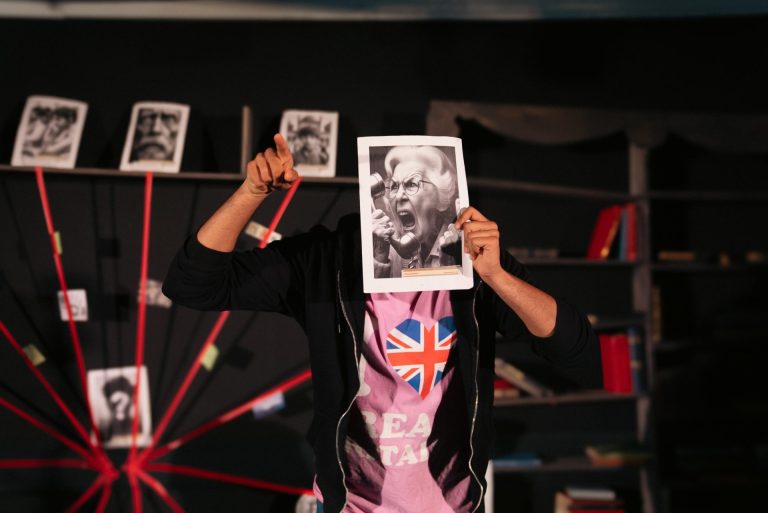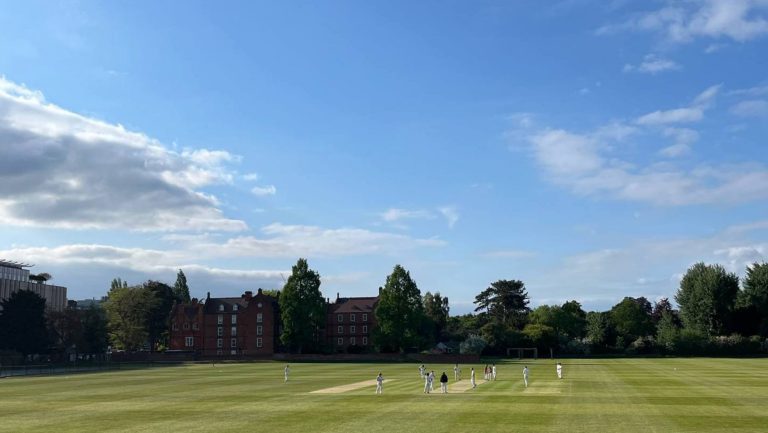Many people would consider offshore yacht racing a somewhat daunting, if not downright insane, endeavour, but it’s how a determined crew of Oxford sailors chose to spend a week in the summer.
Whether it’s friendly yet competitive club-level dinghy racing, relaxing cruising in the tropics, or gruelling ocean crossings, sailing can take many forms. In a racing context, the aim of the sport is to simply make the boat go as fast as possible – which can be a difficult challenge in ever-changing conditions at sea, requiring a unique combination of physical strength, tactical planning, and intimate knowledge of the boat’s systems.
Yacht racing has had an illustrious history from its early days as a pastime of Victorian-era gentleman-explorers to the opulent J Classes of the 1930s to the highest level of technical innovation today: the America’s Cup. Ocean racing, one of the toughest and most expensive sports which an athlete can partake in, tends to attract a certain kind of daring – and often eccentric – individual.
Over seven hundred miles across the Celtic Sea and back, the Fastnet Race holds a near mythical status in the world of sailing. First organised by the Royal Ocean Racing Club in 1925 and having since established itself as one of the most famous offshore races in the world, it attracted over four hundred entries in this centenary year. The course begins in Cowes on the Isle of Wight and sends competitors westward past Land’s End, across to the southernmost point in Ireland, then all the way back to finish in Cherbourg.
With the Oxford crew competing aboard 38’ yacht Talisman, the starting cannon fired around noon on Saturday 26th July, and the race was on. In fair conditions, the Talisman made good progress down the western Solent and past the iconic Needles into the English Channel. While still near enough to land for mobile reception, the crew kept the club members ashore updated on the progress being made, and by nightfall the watch rota had begun, necessitating extra attention by the skeleton crew who stayed on watch. The stoic skipper Simon, though, always remained on hand to offer guidance to the crew and impart knowledge from his many years of successful racing.
Guided by the compass (and GPS – a far cry from 50 years ago!), they sailed onwards, the Bishop Rock Lighthouse slowly vanishing from view until dawn broke in the Celtic Sea over nothing but open water as far as the eye could see. Isolation from the rest of the world is one of the defining factors of offshore sailing: there’s just nine people in the yacht, alone at sea. Perhaps another boat would be sighted from time to time, but this remoteness was a far cry from the typical experience of busy traffic near major ports and shipping lanes. The majority of the racing OUYC undertakes (such as the BUCS regatta and Varsity match) are short inshore day races, where brash split-second decisions mean the difference between victory and defeat; the Fastnet was therefore a unique opportunity for much of the crew. Hundreds of miles away from civilisation, sufficient preparation and self-reliance for the voyage are essential.
Following daybreak on the third day, Ireland gradually faded into sight, and by 09:30, ever-reliable helmsman Ross guided the crew around the fabled Fastnet Rock. A tall, angry hunk of stone, weathered by many Atlantic storms and surmounted by the towering stone lighthouse reaching up to the heavens, the Fastnet Rock inspired joy instead of dread: the crew had reached the halfway point in the race. Some may wonder if sailing non-stop for three days to see a rock is worth it, but the achievement is certainly satisfying, if not otherwise impressive.
After rounding it, the crew changed sails and the boat’s speed began to pick up. As the crew progressed back towards France, mist set in, letting the rock (and Irish mainland) disappear from view. With the wind from behind and the boat surfing down the large smooth swell waves, high speeds of 12-15 knots were reached.
The return leg was calmer, with generally pleasant weather; the crew were delighted by the exciting appearance of pods of dolphins. After two more mostly uneventful (and almost relaxing) days and nights, the Alderney lighthouse came into view on the morning of the 31st. At 11:38 BST, Talisman and her Oxford crew crossed the finish line into Cherbourg Harbour, marking the end of a heroic voyage. With a finish time of just less than five days, a ranking of 267/380 was achieved in the IRC class – impressive for a crew of students in a race many sailors (not to mention other universities) fear entering.
OUYC extends its thanks to our skipper, Simon, for providing this opportunity on his boat, and offers gratitude to all of our members, friends, and alumni that helped make this ambitious event possible.
Crew list (left to right): Simon Harwood (Skipper), Ross Gales, Viktor Zouboulis, Leah Tavasi, Betsy Elliott-Fricker, Carl Hentges, Jacopo Molaro, Anna Kotanska, John Frame











